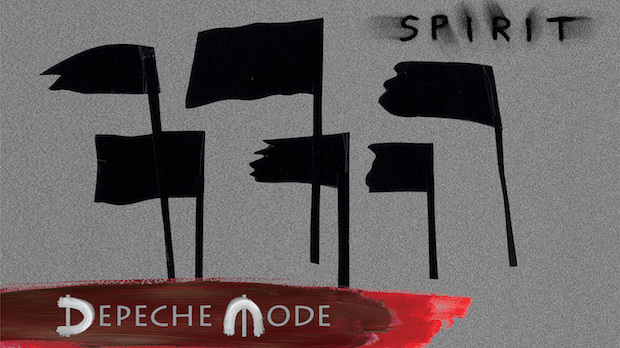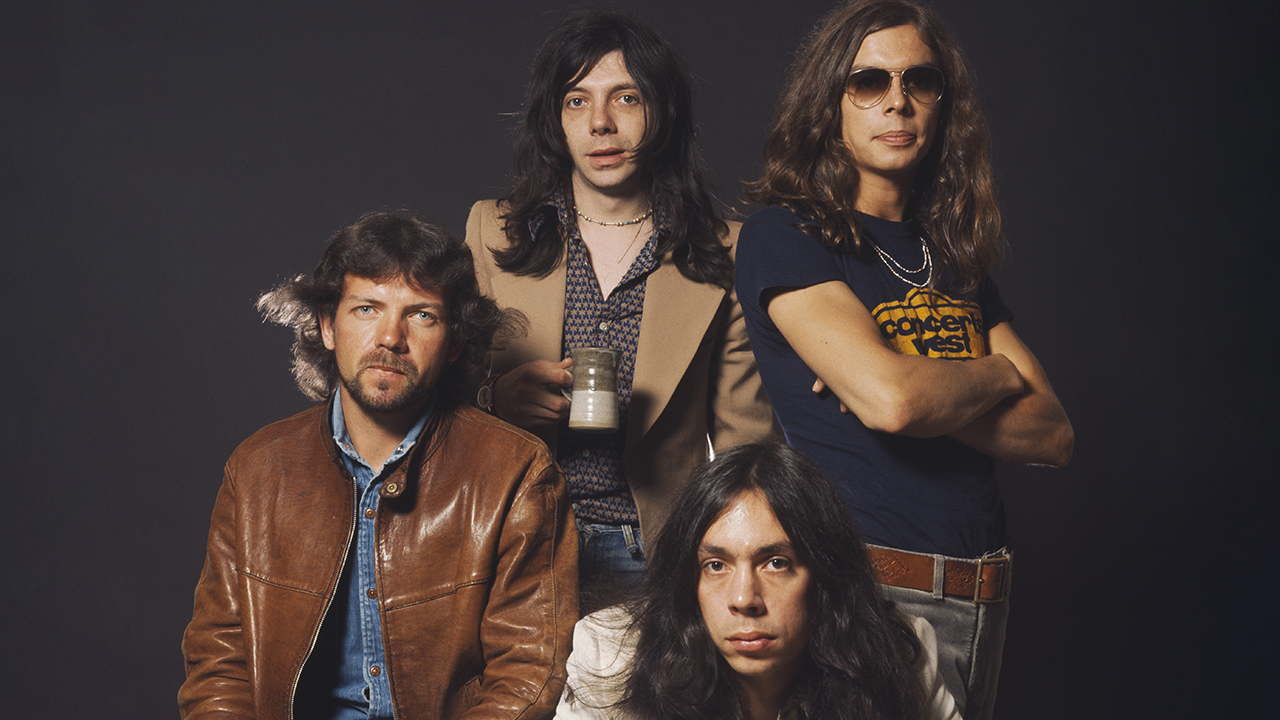You can trust Louder
After decades of premier league blockbuster fame, Depeche Mode’s deluxe sex-dungeon soundtracks inevitably offer few fresh twists. That said, Spirit, their second album for the Columbia label, is still a pleasingly punchy, crunchy and angry affair.
Making his debut working with the group, producer James Ford (Arctic Monkeys, Foals) finds fertile middle ground between crackling vintage synthesisers and chunky rock beats, while Martin Gore’s lyrics are the most politically explicit of his career, urging a revolutionary response to volatile times.
Dave Gahan flexes his full boomy rock-god range on future stadium-shagging anthems like Cover Me, which morphs from lush electro-ballad intoneoKrautrocking drum-machine stomp, and So Much Love, a defiant two-fingered salute to the forces of hate, wrapped in terse post-punk guitar.
His languid bluesman croon also serves him well in The Worst Crime, an ominous doom-dirge full of latent lynch mob violence that bears comparison with the all-time DM classic Condemnation.
Like fine wine, Gore’s luxuriant, dramatic, vibrato voice is maturing with age: his impassioned romantic torch song Eternal could almost be Jacques Brel’s great lost James Bond theme.
Only diluted by a couple of thin tracks, Spirit is an impressively robust late-career album. Emotionally naked yet clad in thick, metallic armour, Depeche Mode are growing old angrily, and it suits them.
Sign up below to get the latest from Classic Rock, plus exclusive special offers, direct to your inbox!
Stephen Dalton has been writing about all things rock for more than 30 years, starting in the late Eighties at the New Musical Express (RIP) when it was still an annoyingly pompous analogue weekly paper printed on dead trees and sold in actual physical shops. For the last decade or so he has been a regular contributor to Classic Rock magazine. He has also written about music and film for Uncut, Vox, Prog, The Quietus, Electronic Sound, Rolling Stone, The Times, The London Evening Standard, Wallpaper, The Film Verdict, Sight and Sound, The Hollywood Reporter and others, including some even more disreputable publications.


